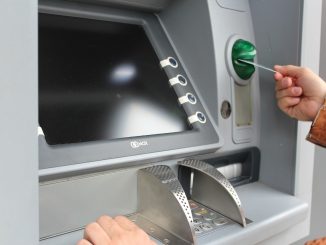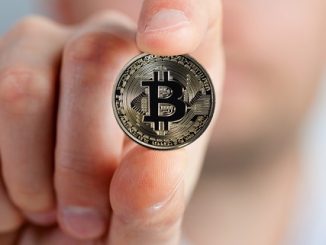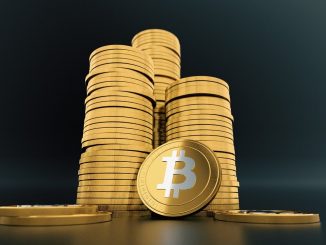The virtual “currency” Bitcoin has been much in the news lately, due to its meteoric rise in price, and even more precipitous drop. The price rose from approximately $40 in early-March to $266, then plummeted to as low as $54 in the course of a couple of days.
Most of the commentary has been a colloquy between true believers (including anarcho-capitalists, self-styled Austrians, etc.) and more mainstream skeptics. The true believers say things like “Bitcoin is the most important invention ever” and wax eloquent (and ecstatic) over its liberating potential. The skeptics point out the various practical limitations, which are quite acute.
Count me as in the skeptic camp, but that’s not what I will address in that post. Instead, I will focus on the rise and fall in the price over the past month (which has been the second BitBubble-there was also a less severe one in 2011). What surprises me is that I have yet to see anyone suggest what appear to be an obvious possibility: that the bubble is the result of a pump and dump scheme.
The price movement-a rocketing rise followed by an even more rapid fall-is the classic pump-and-dump pattern. Moreover, all of the ingredients are there, just like in a penny stock. An asset traded in a very thin market. A group of cultish true believers in the transformative nature of what they have invested in. Moreover, this cult has clear doomsday predilections, especially where money is involved, and the events in Cyprus were calculated to stoke paranoia.
All of this is tailor-made for an operator or operators to start a stampede into the currency, and then puke out their Bitcoin at the top.
And there are operators-speculators, if you will-in Bitcoin. Last week, several stories ran about the Winkelvoss twins’ (of Facebook fame/infamy) speculative investment in Bitcoin. No, I am not accusing the twins of running a pump-and-dump. I just bring them up to point out that BTC has attracted a speculative element. And no doubt some of this type views the bleating Bitcoin flock as primed for shearing.
If it is a pump-and-dump, several questions arise. One, obviously, is who done it? Another: where are they located? Were the laws of any country violated? (Bitcoin aren’t securities, I don’t think. Are they commodities, as defined by the Commodity Exchange Act? That seems quite plausible.) How much money was lost? (This would depend on the volume of trade on the various Bitcoin exchanges during the Rise and Fall of the Bitcoin Empire.) I haven’t been able to find any indication that the CFTC has taken interest in this, but given it’s long-running campaign against FX boiler rooms, and bucket shops (to which the various Bitcoin “exchanges” bear more than a passing resemblance) it would seem to be a natural.
To me, the Bitcoin drama of the past weeks seems to be a penny stock manipulation scheme writ large. What comes of that is quite uncetain, given the virtual nature of Bitcoin and the fact that it is traded at “exchanges” around the world. These facts mean that it could fall between the regulatory and legal cracks. To many Bitcoin Believers, that’s a feature not a bug, though one wonders if they will reconsider that if they bought at the top.
Returning to Deep Thinking About Bitcoin, I can’t resist mentioning this Krugman piece. Paulie Krugnuts appeals to authority, namely Adam Smith, in his critique. Smith’s analysis of gold and silver is correct, and applicable to Bitcoin, but I find it somewhat amusing that Krugman defers to the Great Scot. Would that he would do so more regularly, and on more important matters. His commentary would improve immeasurably as a result.
This brings to mind a story that George Stigler told. He used to bet his grandchildren $1 million if they could answer three questions correctly. (He said something to the effect that eventually the Federal Reserve would make it possible for him to pay off that bet in the event his grandchildren won. And he may well be right on that, and in the not too distant future.) The first two questions were trivial, like “what color is the sky?” The third was the stumper: “Who was Adam Smith’s best friend?” Then one day his granddaughter said: “You are, grandpa.” That was probably the correct answer, but it is mind-bending to think of Krugman as vying for that distinction. Anyways, I hope that Krugman makes a habit of asking “WWASD?” before unburdening himself in the future. He would be doing the world a favor, and spare himself of much embarrassment. Assuming, of course, that he is capable of it.
- Bulenox: Get 45% to 91% OFF ... Use Discount Code: UNO
- Risk Our Money Not Yours | Get 50% to 90% OFF ... Use Discount Code: MMBVBKSM
Disclaimer: This page contains affiliate links. If you choose to make a purchase after clicking a link, we may receive a commission at no additional cost to you. Thank you for your support!





Leave a Reply